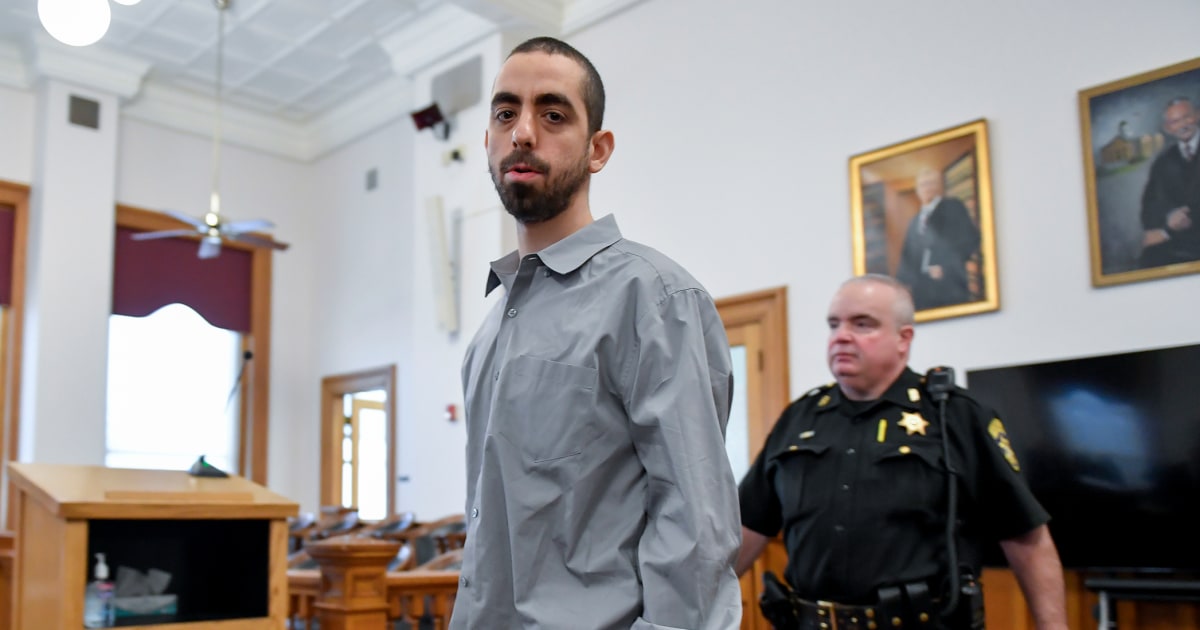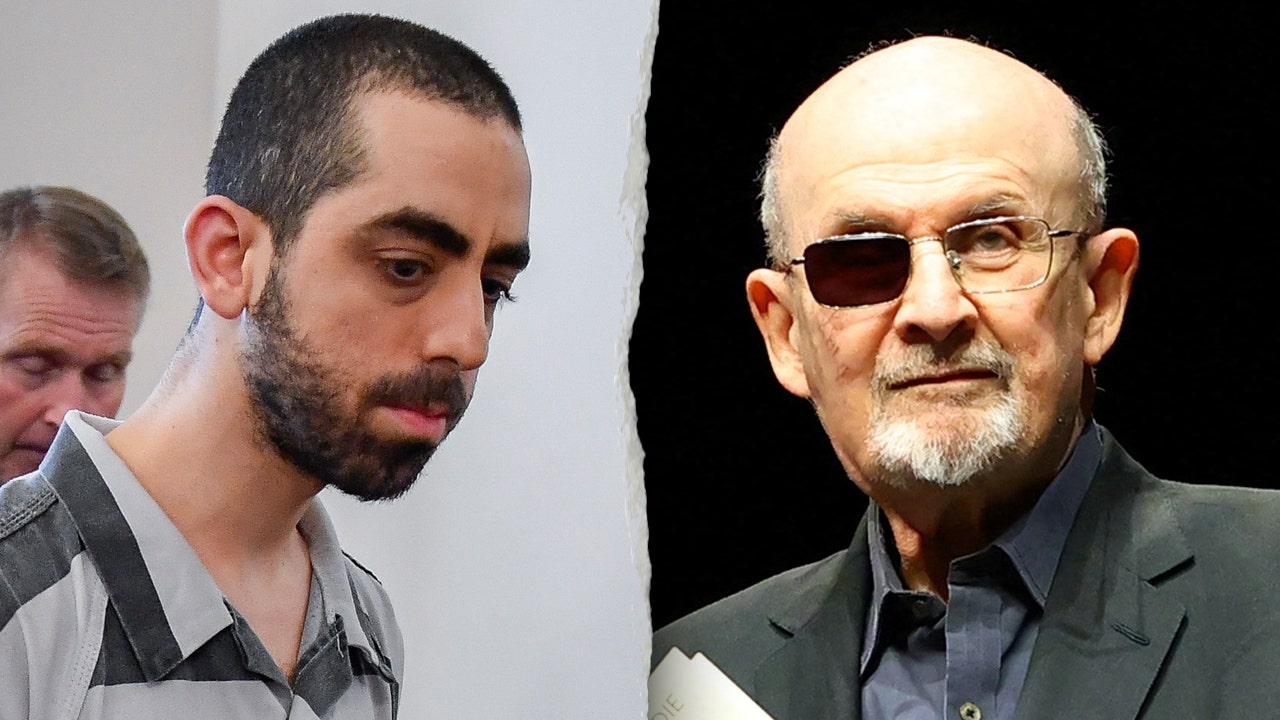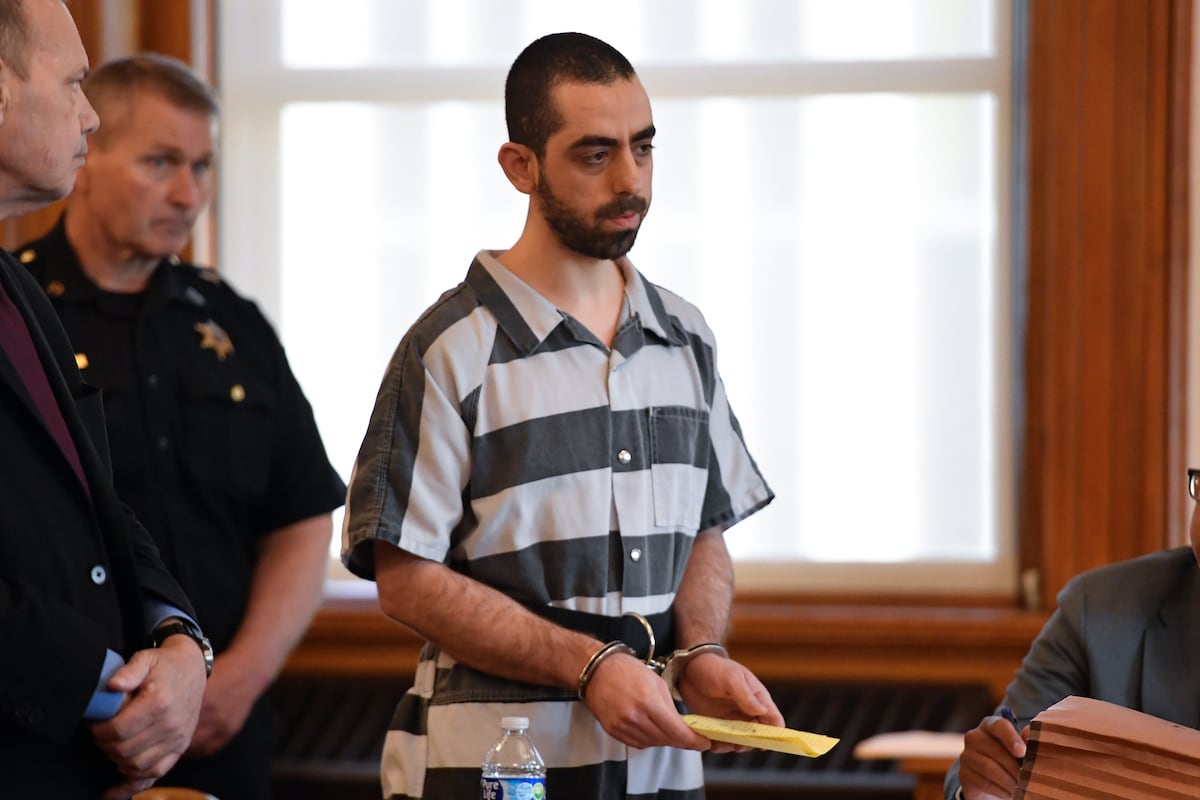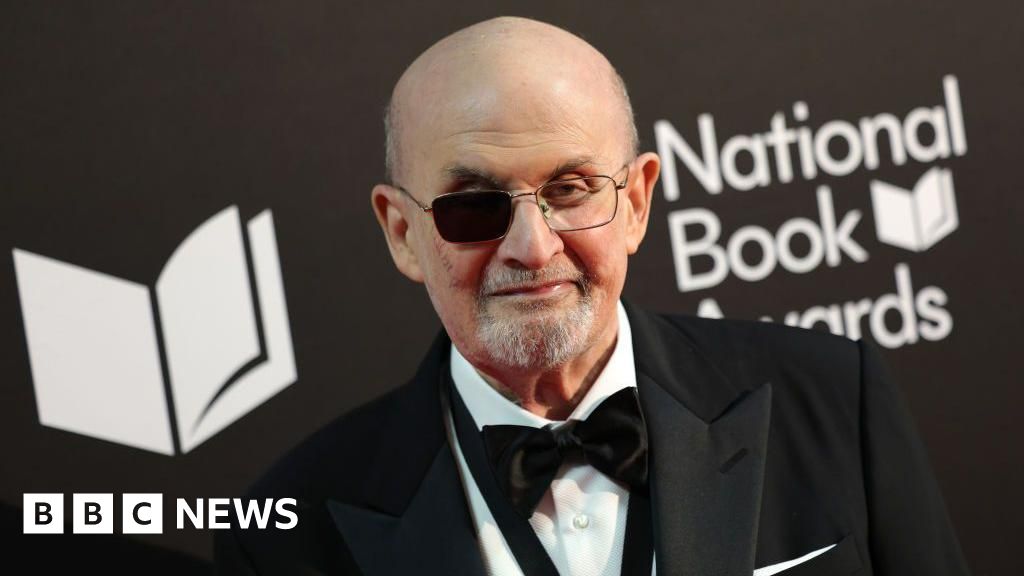Hadi Matar Sentenced to 25 Years for Stabbing Salman Rushdie
Hadi Matar faces a 25-year prison sentence for attempted murder against Salman Rushdie, leaving the author blind in one eye during a 2022 attack.
Overview
Hadi Matar was sentenced to 25 years in prison for stabbing Salman Rushdie in August 2022 during a lecture at Chautauqua Institution, resulting in Rushdie losing vision in one eye. A jury found Matar guilty of attempted murder after less than two hours of deliberation. Matar also faces terrorism-related federal charges as authorities allege his actions were linked to a fatwa issued against Rushdie in 1989. Rushdie has detailed his recovery in a memoir, while Matar's defense argued for a lesser sentence, claiming he had no prior criminal record and could not be deemed a threat.
Report issue

Read both sides in 5 minutes each day
Analysis
- Hadi Matar has been sentenced to 25 years in prison for the attempted murder of Salman Rushdie, with the attack viewed as a targeted act of violence stemming from ideological motives.
- Matar's statements prior to sentencing, where he called Rushdie a hypocrite for his views, highlight the tension between free speech and radical beliefs that can lead to violence.
- Matar faces additional terrorism-related charges, underscoring the broader implications of the attack within global discussions about free expression.
Articles (13)
Center (4)
FAQ
Hadi Matar was found guilty of attempted murder and assault related to the stabbing of Salman Rushdie.
The attack left Salman Rushdie blind in one eye.
Hadi Matar also faces terrorism-related federal charges, as authorities allege his actions were linked to a fatwa issued against Rushdie in 1989.
History
- 6M

 6 articles
6 articles











